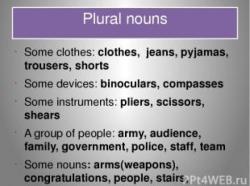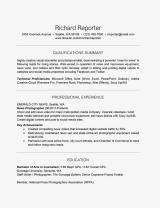What is the purpose of an adjective clause?
Adjective clauses serve a vital purpose in language by enhancing descriptive expression and providing additional information to enrich sentences. These clauses, also known as relative clauses, act as modifiers that provide details about nouns. Understanding the purpose of adjective clauses can significantly elevate the quality of your descriptive language. Here's how adjective clauses fulfill this role:
1. Adding Detail:
- Adjective clauses offer intricate details that expand upon the nouns they modify. They provide extra information that helps readers or listeners visualize and comprehend the subject more fully.
2. Avoiding Repetition:
- Instead of repeating nouns or concepts, adjective clauses allow for efficient communication. By using a clause, you can refer back to a previously mentioned noun without redundancy.
3. Enhancing Description:
- Adjective clauses enable you to create more vivid and layered descriptions. They help paint a clearer picture in the reader's mind, fostering a deeper understanding and connection.
4. Providing Context:
- Adjective clauses provide context to nouns by offering additional information about their identity, origin, purpose, or attributes. This contextual insight enriches the overall meaning of the sentence.
5. Clarifying Relationships:
- Adjective clauses clarify relationships between nouns, helping to establish connections and dependencies. They explain how different elements within a sentence are related.
6. Expressing Ownership:
- Adjective clauses can express ownership or possession, indicating who or what owns or possesses a particular noun. This adds depth to your descriptions.
7. Offering Explanations:
- Adjective clauses explain or justify a certain characteristic or action associated with the noun. They provide insight into the "why" or "how" behind a particular situation.
8. Elevating Writing Style:
- By incorporating adjective clauses, you demonstrate a higher level of writing proficiency. This sophisticated language usage can make your writing more engaging and appealing.
Example:Consider the sentence: "The book that I borrowed from the library was a gripping mystery novel."
- The adjective clause "that I borrowed from the library" provides essential context about the book, emphasizing its source and enhancing the reader's understanding.
Incorporating adjective clauses in your writing empowers you to create more compelling, detailed, and dynamic descriptions. By skillfully using these clauses, you can elevate your descriptive language and effectively engage your audience.












